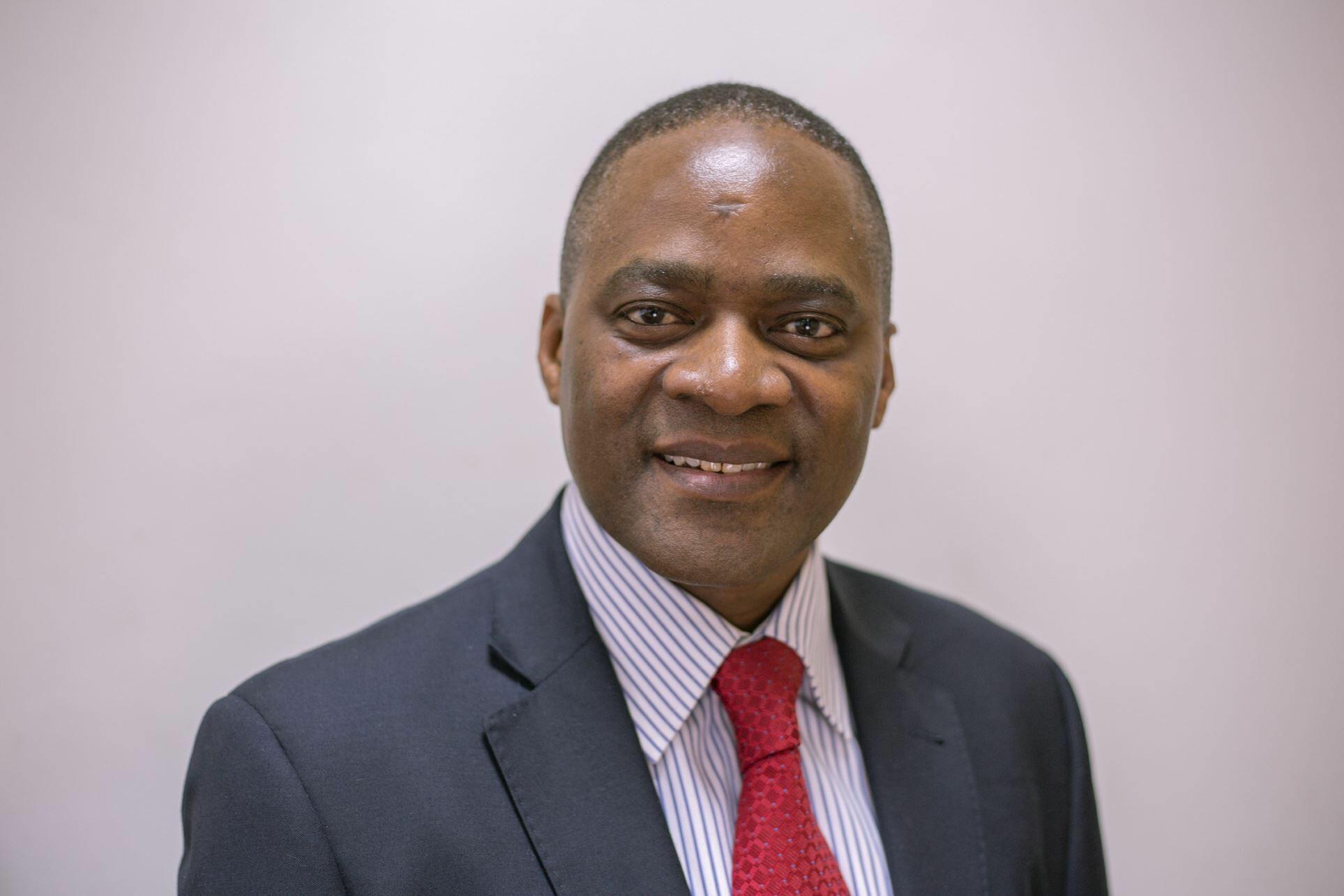
The third person this week to help us mark Black Leaders Awareness Day is Professor Henry Mwandumba. Professor Mwandumba is Director of the Malawi Liverpool Wellcome Programme (MLW), the organisation’s first Malawian Director. Here we revisit an interview with the Professor from 2021 when he talked about his role and the transformative impact of funding on his research.
Black Leaders Awareness Day recognises the impact of the world’s most celebrated Black leaders. This week LSTM is highlighting some of the truly remarkable people we have worked with, and we have already met Dr Anarfi Asamoah-Baah and Dr Ebere Okerere. Some of those heroes are staff, some are graduates, while others are valued partners. All have made enormous contributions to global health.
Turning a vision into reality by Professor Henry Mwandumba
“The global media may have been recently dominated by COVID-19, but another virus continues to have a devastating impact across the world and has been the focus of my work for many years now - HIV.
HIV is a significant problem in Malawi. Around 9% of the population is infected although that varies, with some urban areas seeing rates as high as 17% in those aged 15-49 years. Obviously, that has an enormous impact on individuals and communities, but it also puts a huge strain on our health services. People present with opportunistic infections because of their compromised immune systems, with one of the commonest being respiratory diseases, especially tuberculosis. My research seeks to understand how HIV disrupts immunity in our lungs and predisposes HIV-infected individuals to increased risk of TB – the leading cause of death in people living with HIV.
There is a pressing need for my research in Malawi, but also in many other countries in sub-Saharan Africa with high rates of HIV. My findings are also translatable to other regions in the world and to other respiratory infections, such as pneumonia. I’m pleased to say that our findings support the World Health Organization’s guidelines on the use of prophylactic medication to protect people living with HIV from developing TB, and the work continues to understand the mechanisms that weaken our immunity against deadly respiratory pathogens.
The impact of funding
During my career I’ve been lucky enough to be the recipient of funding from a number of sources. Together these different strands of funding have not only allowed me to further my research but have had a significant impact on the research environment in Malawi.
My first fellowship (a Wellcome Training Fellowship) in 2000 allowed me to set up and staff Malawi’s respiratory research unit. This was quite an expensive set up at the time, but it allowed me to begin work which is unique not only in Africa, but globally. My research assistant from that time is now working as an independent researcher. Similarly, my post-doctoral associate from my second fellowship in 2010 (an Intermediate Fellowship also from Wellcome) is an independent researcher now and received an MRC African Research Leader award. That fellowship also allowed me to set up several facilities which are critical not only to my work but also to many others’ research. They expanded Malawi’s research infrastructure and helped make the research we do here very competitive.
Similarly, funding has allowed me to supervise and mentor numerous PhDs and early career researchers. It has not only enabled me to develop and mentor African clinicians and researchers at different levels and to establish the infrastructure that allows them to do competitive research, but has also meant that I can continue to pursue my own research interests during this time. My reputation as a global research lead - not only in Africa – is such that I am a council member of several high-profile bodies.
Looking to the future
The CREATOR project (Clinical Research and Training Open Resource) at Queen Elizabeth Central Hospital in Blantyre is an initiative which is very dear to me as a clinician. Our vision is that those undergoing clinical training within the hospital will be able to ask questions driven by their experiences on the wards and will have the opportunity to conduct research to answer those questions. CREATOR is fundamental to the development of clinician scientists in Malawi and judging by my own experience - my research is largely driven by my experiences on the ward – will foster clinicians who will become research leaders in their fields.
Support a future research leader
People come to MLW and are surprised by what we are achieving in Malawi, which is considered one of the poorest countries in the world. How can we do this? I think it shows that if you have a vision that is supported by well-used resources you can achieve a lot. And once funders see that you are successful, they gain confidence in you.
I know from my own experience that even a small investment in a research leader in Africa reaps huge benefits. When I consider what I have done with the funding from various sources, how many young people I’ve helped to develop their careers, how much I've contributed to infrastructural development, all while doing my own globally-important research, I know that the impact of any support in Africa will be very obvious.
On becoming MLW’s first Malawian director
I am delighted and honoured to lead this great organisation as its Director. My appointment is an important milestone in MLW’s history and is testament to the Programme’s exceptional success in developing and nurturing transformative global scientific leaders. With the support of the MLW community, partners and stakeholders, I am confident that we will take MLW to the next chapter of sustainable growth and success.”